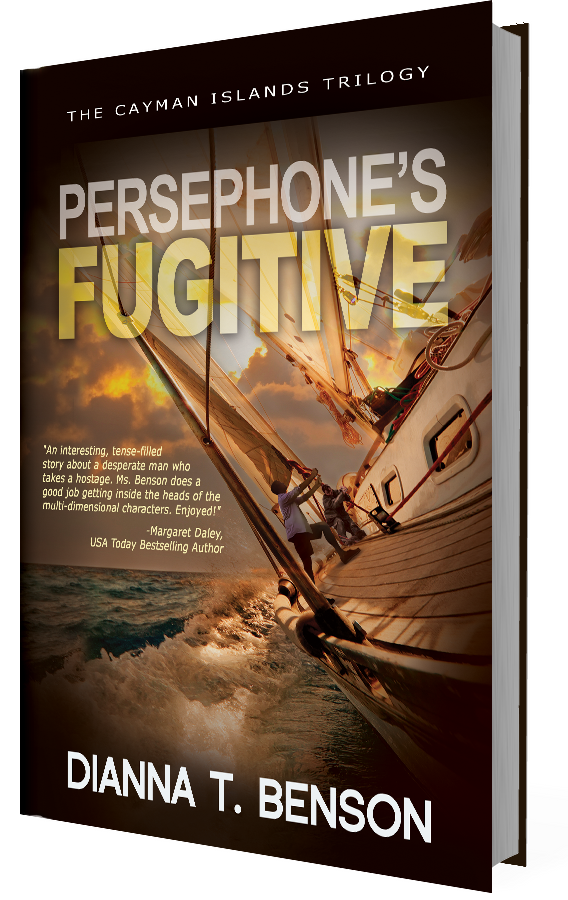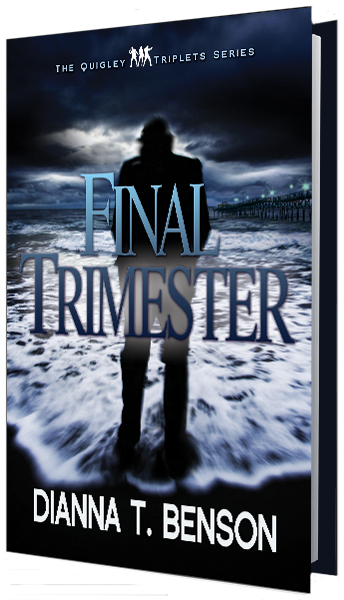A Son’s Tale of Traumatic Brain Injury
Posted by dtbAdmin on May 20, 2014 in Blog, Medical/EMS | 0 comments
The term concussion is well known. The medical field refers to a concussion as a TBI – Traumatic Brain Injury. Contact sports are one of the top causes of a TBI, another are MVCs – Motor Vehicle Collisions.
My teenaged son has endured four concussions. The first two as a goalie for the Junior Hurricanes and the third in a MVC. The first one took him out of school for a month and hockey for three months. The second, a year later, was more mild, which is unusual. Typically, a patient suffers a more severe TBI the second time. In the MVC, a classmate was driving them to school when another car struck them. This third TBI ended my son’s hockey career, preventing him from attending the Junior Hockey draft in Canada Spring of 2013.
The problem wasn’t simply that this was his third concussion, although that in itself is a strong reason to end a contact sport career. With this third TBI, a neurologist evaluated him versus just the concussion clinic MDs who’d treated him with the first two. Not only was it his third TBI, but his symptoms were extremely severe, which didn’t make sense to me – the details of the MVC didn’t suggest such injuries for my son: 1) None of the others involved in the crash suffered any injuries 2) No air bags deployed 3) Vehicle damage was minor. As an EMT for nearly a decade, I wondered about underlining health conditions in my son. I also considered he had not fully recovered from the first two concussions and was in denial about his symptoms in order to play hockey.
Sure enough, the neurologist diagnosed my son with hyper-mobile joints (something I already knew but wasn’t aware of the danger with contact sports.) The MD also diagnosed him with mild CP (cerebral palsy), a diagnosis that made sense to me since my son was born in respiratory arrest and was non-verbal and had spasticity until over age two. Both diagnosis are a recipe for injury, especially in contact sports. The MD gently told my son he was done playing goalie forever – it was devastating and crushed him. Understanding his hockey career was over, he admitted he’d ignored symptoms because he had a shot to play Junior Hockey, college hockey, and possibly professional hockey. A life-long athletic competitor myself, I completely understood the denial that led him to ignore his body.
Hyper-mobile joints, while creating an incredibly athletic body, are highly susceptible to any musculoskeletal injury in that individual. For my son, after two TBIs in a contact sport, his hyper-mobile neck was easily and severely whip-lashed in the MVC, jostling his brain fiercely, causing all his concussion symptoms to return and more heightened than ever.
Ten months after the car accident, the fourth TBI occurred December 2013 just days after the neurologist cleared my son to return to his life minus contact sports. The neurologist gave my son the green light to snowboard. That December day on the mountain, my son didn’t even hit his head and he sustained no head trauma – simply snowboarding jostled his brain enough to cause another TBI.
Even though he’s extremely athletic, my son’s body shouldn’t do what it can to do. The risk of permanent brain damage and partial or full paralysis is too high for him– something he now understands. I described it to him as this: When Cam Ward (the goalie for the NHL team Carolina Hurricanes) is playing goalie, his body is naturally like a SUV of protection in a MVC. Whereas, for my son, his body is like a motorcycle in a MVC – no protection.
Until Spring 2015, my son is restricted from doing anything with speed, wheels, height or repetition (basically everything fun.) This next year his brain will heal, then little by little he can attempt things (no contact sports ever, though) to see how his body responds. At 6’7” in height and extremely athletic, he appears a medically sound seventeen-year-old, but inside his body tells a different story.
God works in amazing ways and this is my son’s blessing. Since cerebral palsy only affects motor function, and none of the four TBIs caused him any loss of cognitive abilities, he’s still as annoyingly brilliant as ever and is anxious to head off to college this fall. For now, his goal is to graduate medical school with a degree in neurology and become a neurosurgeon since he feels (understandably so) he can relate to patients’ symptoms with head trauma.




